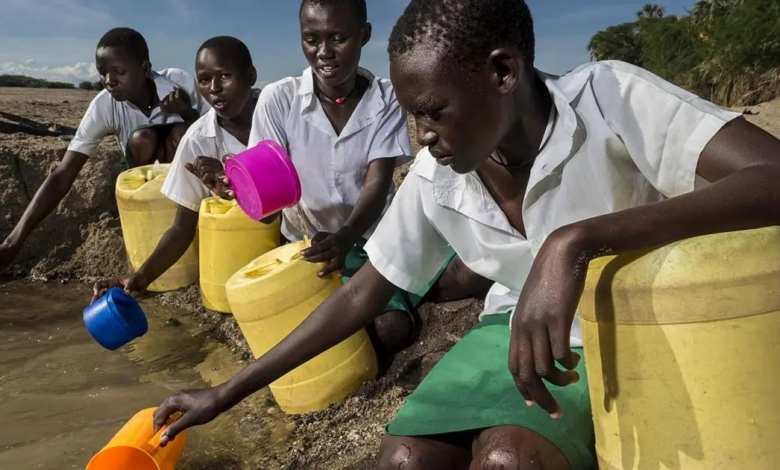IMF Loan Policies May Threaten Human Rights In African Nations — Report
The report analysed 38 loan programmes by the IMF between March 2020 and March 2023, which affected 1.1 billion people in the main beneficiary countries, including African states.

Loan policies and austerity measures by the International Monetary Funds (IMF) are causing rising inequality and eroding people’s economic, social, and cultural rights, says Human Rights Watch.
In a report published on Monday titled “Bandage on a Bullet Wound: IMF Social Spending Floors and the Covid-19 Pandemic”, the global advocacy think tank says 38 countries linked to IMF loans are subjected to austerity policies, compelling reduction of government spending or increased regressive taxes.
The report analysed 38 loan programmes by the IMF between March 2020 and March 2023, which affected 1.1 billion people in the main beneficiary countries, including some African states.
Five sub-Saharan African countries — Egypt, Angola, South Africa, Côte d’Ivoire, and Nigeria — are on the top list of global IMF debtors, according to a report by FDI Intelligence, a foreign direct investment publication.
“Egypt is the second-largest debtor by amount, with an outstanding balance of $18bn,” the report stated. “Its economy deteriorated following the Egyptian revolution in 2011 and falling revenues from the Suez Canal.”
In May, an IMF resident representative urged Nigeria’s president Bola Tinubu to reduce debts and upscale the country’s revenue base. Later in August, Tinubu expressed his commitment to end overreliance on borrowing.
“It is really about fiscal discipline; people should not permanently spend beyond what they generate in revenue because it becomes unsustainable,” the IMF representative said. “Eventually, some people will come and ask for their money back and some will refuse to give further loans.”
The IMF loans are expected to assist countries in investing in services like health, security and education, but Human Rights Watch insists that these come with conditions that defeat their purpose.
One such condition is that affected governments must cut public spending to decrease debts, which often leads to unbearable tax increments. Also, Human Rights Watch said 23 IMF programs geared towards the removal of consumption-based subsidies on fuel or electricity without adequate compensatory measures.
Upon his emergence, President Tinubu, for instance, announced and later ensured the removal of petrol subsidies to cut public spending and economic bottlenecks. But many Nigerians faulted the president’s removal of petrol subsidies, causing economic hardship and stifling living costs, without adequate palliative measures.
This corroborates Human Rights Watch’s position that the removal of subsidies has a particularly acute effect on people on low incomes as it forces them to pay a higher share of their income on transport and goods and services tied to energy prices.
“The IMF’s own internal research indicates that these policies are generally not effective in reducing debt, which is their chief objective,” the Human Rights Watch’s report said.
The think tank also says IMF social spending floors appear positive, but they lack objectivity or criteria to make them effective.
“The scope of the floors varies widely, from including dozens of programs across multiple ministries to being limited to select cash transfer programs,” the think tank said. “Most do not include information that enables comparison with previous spending.”
Summary not available.
Support Our Journalism
There are millions of ordinary people affected by conflict in Africa whose stories are missing in the mainstream media. HumAngle is determined to tell those challenging and under-reported stories, hoping that the people impacted by these conflicts will find the safety and security they deserve.
To ensure that we continue to provide public service coverage, we have a small favour to ask you. We want you to be part of our journalistic endeavour by contributing a token to us.
Your donation will further promote a robust, free, and independent media.
Donate HereStay Closer To The Stories That Matter




